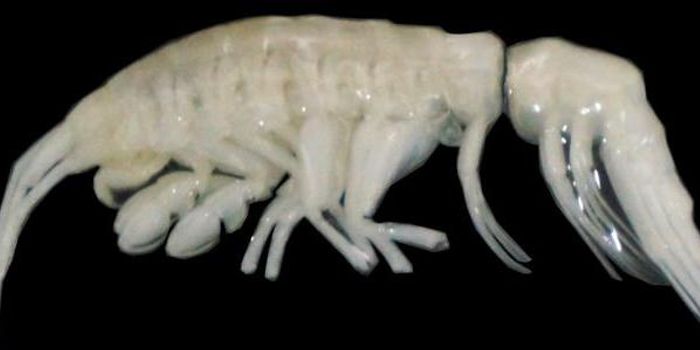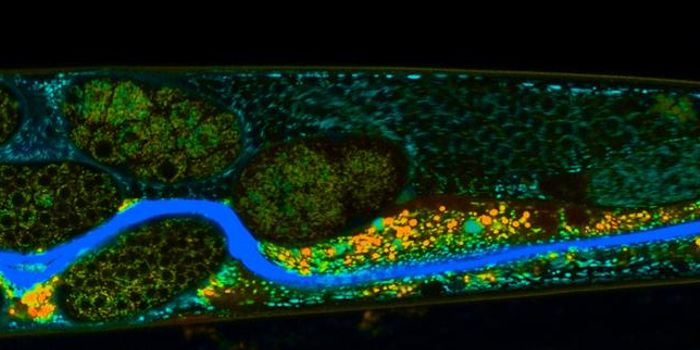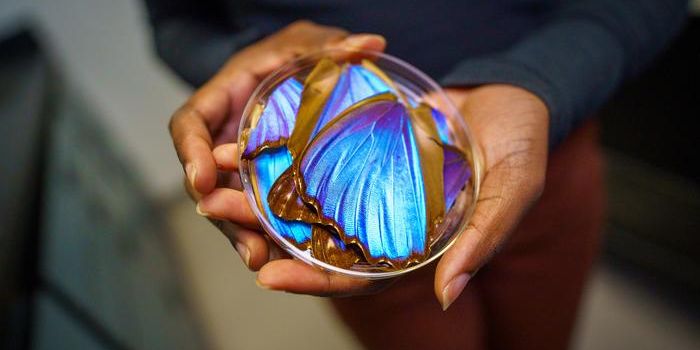Innovative Insecticides Adversely Affect Bee Health
Insecticides and pesticides have been developed for years to help protect agricultural products and improve crop outputs. However, despite their well-intentioned uses, insecticides and pesticides have a range of adverse effects on plants, animals, and their surrounding environments. The chemicals used in pesticides, for example, have been shown to run into soil and water supplies, affecting other organisms as well as affecting human health. For example, pesticides have been linked to conditions like cancer.
A joint effort by researchers at the Martin Luther University Halle-Wittenberg and the Helmholtz Centre for Environmental Research recently explored the impact that certain insecticides have on the health of honey bees, one of the most important pollinators in the world. Their work is described in a recent article published in Science of the Total Environment.
Researchers found that specific types of insecticides (those that included flupyradifurone and sulfoxaflor) have significant adverse effects on honey bee health, including make them more prone to certain diseases and even leading to early death.
But how, exactly, are these insecticides causing honeybees harm?
To better examine the effects of these insecticides, researchers created highly controlled laboratory settings in which bees were bred and lived, with the goal of controlling as much of the bee’s life and interactions as possible. At the beginning of the experiment, bees were all given a sugar syrup for food. Then, once a baseline was established, bees were split into two groups, and each group had a different insecticide added to their sugar syrup. Researchers also added additional compounds, such as the antifungal azoxystrobin, to the foods the bees consumed, highlighting that many pesticides and insecticides are combined for use.
Researchers found that at least half the bees given flupyradifurone died over a ten-day period, while bees that consumed sulfoxaflor were more likely to survive. Azoxystrobin increased the death rate.
Looking more closely at the bees, researchers found that the antifungal azoxystrobin negatively affected bee gut microbiome by reducing the number of fungi naturally produced in the gut. They also found that the bacteria Serratia marcescens spread quickly through the bee’s gut, which can make it harder for bees to fight certain kinds of infections.
Sources: Eurekalert!; Nature; Science of the Total Environment.








